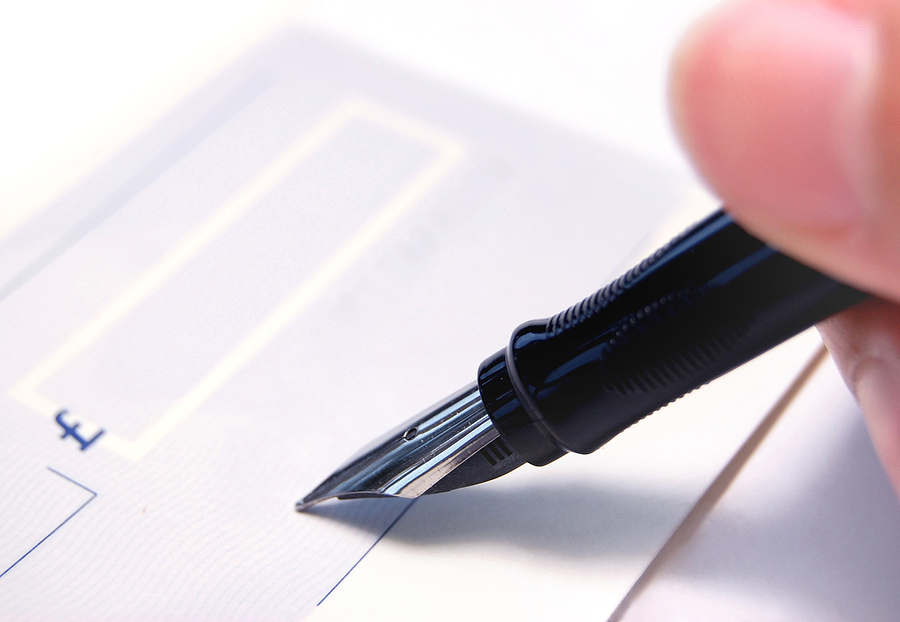When opening a checking account, you may have to sign up for overdraft protection to protect you in the future if your account balance goes negative. While this may seem a good option, it comes with various implications. This is why it is best to learn about overdraft protection and understand the pros and cons of signing up.
What is Overdraft Protection?
Overdraft protection is when your checks and ATM transactions go through when you do not have sufficient funds in your checking account. Without overdraft protection, transactions would not go through if you have a negative balance in your account. However, it is worth noting that while you may succeed in using a credit card or a check without funds in your account, you might pay huge fees.
When weighing the options as to whether to sign up for overdraft protection, you should know that the terms vary from bank to bank. It is best to understand the terms and conditions of your bank before you sign up. You should also know that you may incur additional fees if your account remains at a negative balance, depending on the bank's terms.
How Overdraft Protection Works
Each bank and credit union has a unique way of offering overdraft protection. If you take an overdraft from your account within the expected overdraft limit, your account remains at a negative balance. You can link your credit card, savings account, or other credit lines to your checking account to avoid paying an overdraft fee when paying your outstanding overdraft balance.
Some institutions combine these methods where they access a linked bank account to recover the outstanding overdraft. But if the account has insufficient funds, the bank can use a line of credit.
Pros and Cons of Overdraft Protection
Pros of Overdraft Protection
- You Will Transact Successfully: One of the main advantages of overdraft protection is that your transaction becomes successful even if you have no funds in your checking account. Whether using a check, ATM, or debit card, you will get the money.
- Cash For Emergencies: With overdraft protection, you won't have to worry about where to get money if you have an emergency. You will get money quickly and easily while avoiding the added stress of your situation.
- No Returned Fees on Checks: Since checks go through even if you do not have money in your checking account, you won't have to pay penalties or fees for returned checks. A creditor or store owner will get money as expected.
Cons of Overdraft Protection
- Be Ready to Pay Fees and Interest: Banks charge overdraft transfer fees from your account. You will also pay interest on the borrowed money until you clear all the outstanding money. If you are a consumer and choose overdraft protection, you will pay higher fees than those who do not.
- You Might Overspend: Since you can get emergency funds with overdraft protection, you might use the money without planning. Spending what you do not have in your account is risky and can lead to financial hardships in the long run.
Is overdraft protection worth it? Don't know where to start? Contact us today and we can help you navigate any questions you have regarding your banking needs.



